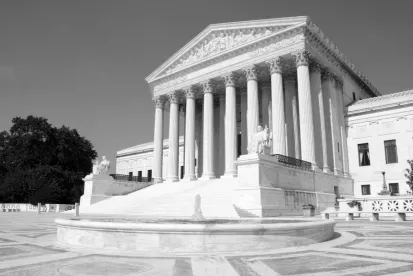In Facebook v. Duguid, (Case No. 19-511) on April 1, 2021, the United States Supreme Court unanimously confirmed that equipment without the capacity to randomly or sequentially store or produce numbers is not an autodialer for TCPA purposes. The Facebook ruling focuses on text messages, which many institutions are using as a primary method of customer contact, but it is also a victory for those using predictive dialers and preview dialers without random and sequential source codes.
This ruling provides excellent precedent for summary judgments or early settlements, since technology capacity can be established through affidavits and testimony. That said, we anticipate TCPA plaintiffs will continue to challenge the nature of such dialers to coerce high-dollar capitulation.
We recommend that companies obtain expert opinions or manufacturer statements establishing that the technology they use to contact the consumer by phone or text cannot store numbers or produce numbers randomly or sequentially. For example, many cloud-based systems can only reach consumers from existing customer files or lists and cannot contact customers randomly or in some pre-set sequence of numbers and such facts may stop drawn-out TCPA litigation before it starts.
The Facebook decision is another step in the right direction, as the Court dismissed as untenable labeling any equipment with the capacity to store and produce (and dial) telephone numbers (without the random or sequential element) as autodialers. While this favorable ruling only slightly narrows the definition of an autodialer, it still provides defendants an additional weapon in the ongoing TCPA conflict.




 />i
/>i

